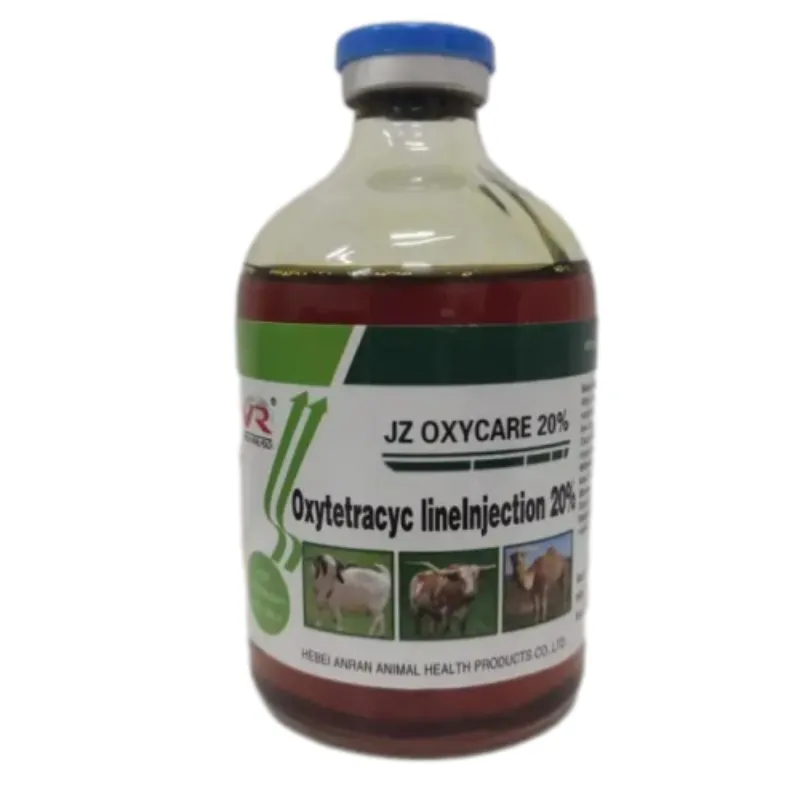- Afrikaans
- Albanian
- Amharic
- Arabic
- Armenian
- Azerbaijani
- Basque
- Belarusian
- Bengali
- Bosnian
- Bulgarian
- Catalan
- Cebuano
- Corsican
- Croatian
- Czech
- Danish
- Dutch
- English
- Esperanto
- Estonian
- Finnish
- French
- Frisian
- Galician
- Georgian
- German
- Greek
- Gujarati
- Haitian Creole
- hausa
- hawaiian
- Hebrew
- Hindi
- Miao
- Hungarian
- Icelandic
- igbo
- Indonesian
- irish
- Italian
- Japanese
- Javanese
- Kannada
- kazakh
- Khmer
- Rwandese
- Korean
- Kurdish
- Kyrgyz
- Lao
- Latin
- Latvian
- Lithuanian
- Luxembourgish
- Macedonian
- Malgashi
- Malay
- Malayalam
- Maltese
- Maori
- Marathi
- Mongolian
- Myanmar
- Nepali
- Norwegian
- Norwegian
- Occitan
- Pashto
- Persian
- Polish
- Portuguese
- Punjabi
- Romanian
- Russian
- Samoan
- Scottish Gaelic
- Serbian
- Sesotho
- Shona
- Sindhi
- Sinhala
- Slovak
- Slovenian
- Somali
- Spanish
- Sundanese
- Swahili
- Swedish
- Tagalog
- Tajik
- Tamil
- Tatar
- Telugu
- Thai
- Turkish
- Turkmen
- Ukrainian
- Urdu
- Uighur
- Uzbek
- Vietnamese
- Welsh
- Bantu
- Yiddish
- Yoruba
- Zulu
Nov . 16, 2024 17:37 Back to list
Effective Medications for Treating and Eradicating Parasitic Infections in Humans and Animals
Understanding Drugs Used to Kill Parasites
Parasites exist in various forms, including protozoa, worms, and ectoparasites, and they can cause a wide range of diseases in humans and animals. To combat these infections, a variety of antiparasitic drugs have been developed. This article will explore some of the key drug classes and specific medications used to eliminate parasitic infestations.
One of the most common classes of antiparasitic drugs is the anthelmintics, which target helminths—parasitic worms. Drugs such as albendazole and mebendazole are widely used to treat infections caused by roundworms, hookworms, and tapeworms. These medications work by inhibiting the parasites' ability to absorb glucose, effectively starving them, and disrupting their microtubule formation, which is crucial for their cellular structure and function.
For protozoan infections, which are caused by unicellular organisms, several effective medications are available. Metronidazole is a well-known antibiotic that treats infections caused by protozoa like Giardia lamblia and Entamoeba histolytica. It functions by interfering with the DNA synthesis of the parasite, leading to its death. Nitazoxanide is another antiparasitic drug that showcases effectiveness against various protozoan infections, including cryptosporidiosis.
what drugs are used to kill parasites

Moving towards ectoparasites, which include insects and arachnids that infest the skin, drugs such as permethrin and lindane are commonly used. These medications are particularly effective against lice and scabies mites. Permethrin is a synthetic chemical that disrupts the nervous system of the parasites, leading to paralysis and death.
In the realm of antimalarial drugs, artemisinin and its derivatives, such as artemether, have revolutionized the treatment of malaria, caused by Plasmodium parasites. These drugs are derived from the sweet wormwood plant and are known for their rapid action in clearing parasites from the bloodstream. They work by producing free radicals that damage the parasites.
One of the significant challenges in treating parasitic infections is the development of drug resistance. This resistance often arises from the overuse and misuse of antiparasitic medications, leading to the need for continuous research and development of new drugs. Combination therapies, where two or more drugs are used together, are being adopted to enhance efficacy and reduce resistance.
In conclusion, the fight against parasites is supported by a diverse arsenal of drugs that target different types of parasites. Understanding these medications, their mechanisms, and the associated challenges of drug resistance is critical in managing parasitic infections effectively. Ongoing research is essential to ensure that we stay ahead in the battle against these harmful organisms.
-
Guide to Oxytetracycline Injection
NewsMar.27,2025
-
Guide to Colistin Sulphate
NewsMar.27,2025
-
Gentamicin Sulfate: Uses, Price, And Key Information
NewsMar.27,2025
-
Enrofloxacin Injection: Uses, Price, And Supplier Information
NewsMar.27,2025
-
Dexamethasone Sodium Phosphate Injection: Uses, Price, And Key Information
NewsMar.27,2025
-
Albendazole Tablet: Uses, Dosage, Cost, And Key Information
NewsMar.27,2025













